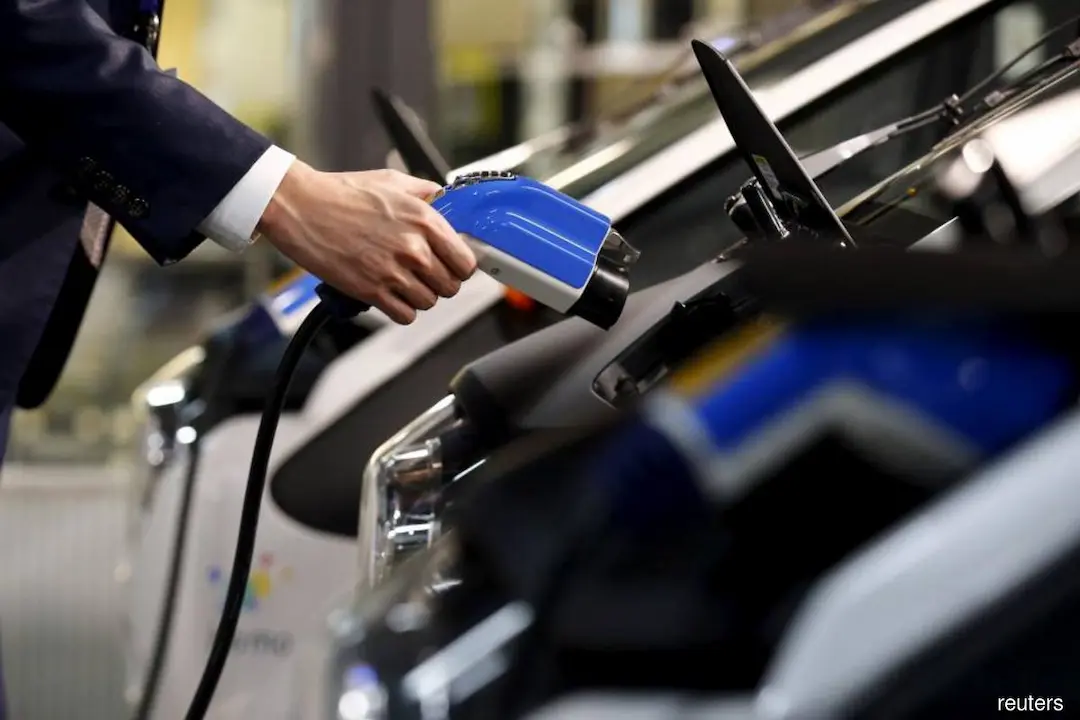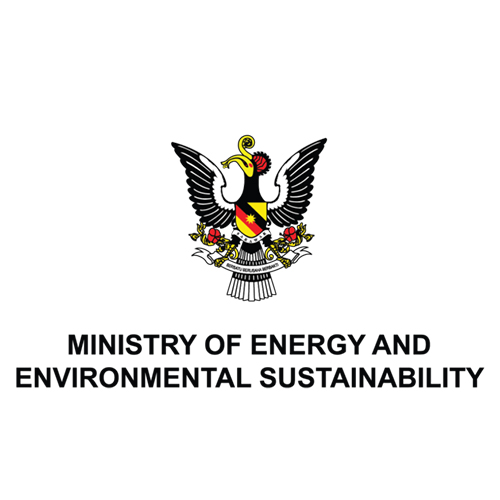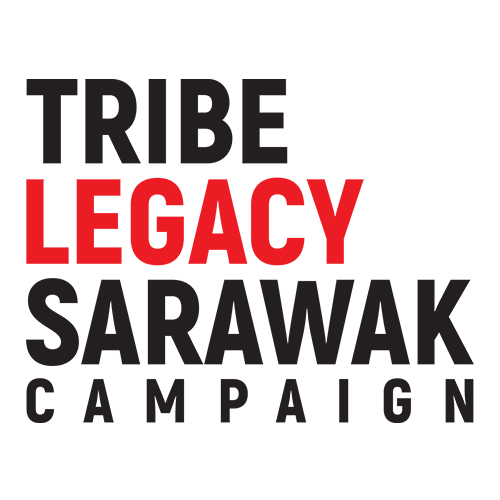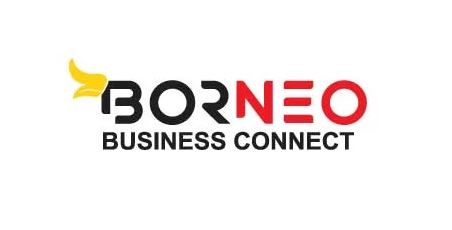KUALA LUMPUR (Nov 9): The National Energy Transition Roadmap (NETR) should not only be seen as a plan to achieve low carbon, but rather, it is also a means to revolutionise and transform the national economy towards the future.
Natural Resources, Environment and Climate Change Minister Nik Nazmi Nik Ahmad said the NETR would ensure the nation remains relevant and competitive in a world where industrial and commercial bases are rapidly changing by the day.
“It ensures that we are not simply decarbonising without regard to the effect on society, and also that jobs can continue to be created and standards of living can continue to be improved,” he said at the Rethinking the Future of Sustainability’ (ReTHINK 2023) conference organised by UMP Holdings Sdn Bhd (UMPH) here on Thursday.
As such, he said the roadmap encompasses bold targets aimed at mitigating greenhouse gas emissions, while significantly transitioning the country toward a low-carbon energy economy.
He noted that the ministry and its related agencies are the key implementers of the roadmap, with six of the 10 flagship projects being overseen by the bodies under its purview.
“With the widespread use of energy efficiency, it is anticipated that we will gradually be using less energy to produce the same amount of goods and services.
“Numerous advantages would be gained by increasing investment in energy efficiency,” he said.
Therefore, in recognition of this, the Dewan Rakyat has recently passed the Energy Efficiency and Conservation Act, which will provide the means for the government to effectively regulate the adoption of energy efficiency and conservation practices, enabling the public and private sectors, as well as the general public, to embrace energy efficiency thoroughly and inclusively.
“In achieving the aspirations laid out in the NETR, emerging technologies such as electric vehicles and renewable energy solutions will assume pivotal roles.
“These innovations are the driving forces behind our quest to reach those ambitious goals,” Nik Nazmi added.
During the conference, the minister also witnessed the exchange of agreements between UMPH-TNB Research Sdn Bhd and UMPH-Transwater Environmental Services Sdn Bhd (TESSB) to promote and embark on collaborative efforts focusing on odour sensor technology.
Another agreement was between Synbion Sdn Bhd, a subsidiary of UMPH, with TESSB, to jointly market an automatic odour sensor device called E-Anfun, to tap into the growing market of the odour sensor industry with an estimated revenue size of US$1.8 billion (approximately RM8.44 billion).
UMPH also sealed a memorandum of agreement with UCT Solutions Sdn Bhd to collaborate on the development of renewable natural gas system, integrated with a dry anaerobic digester using organic waste to tackle food waste problem.
This effort is expected to develop a solution that is able to convert 200 to 300 kilogrammes of food waste into 50 normal cubic metres of crude biogas via the anaerobic digestion system.
